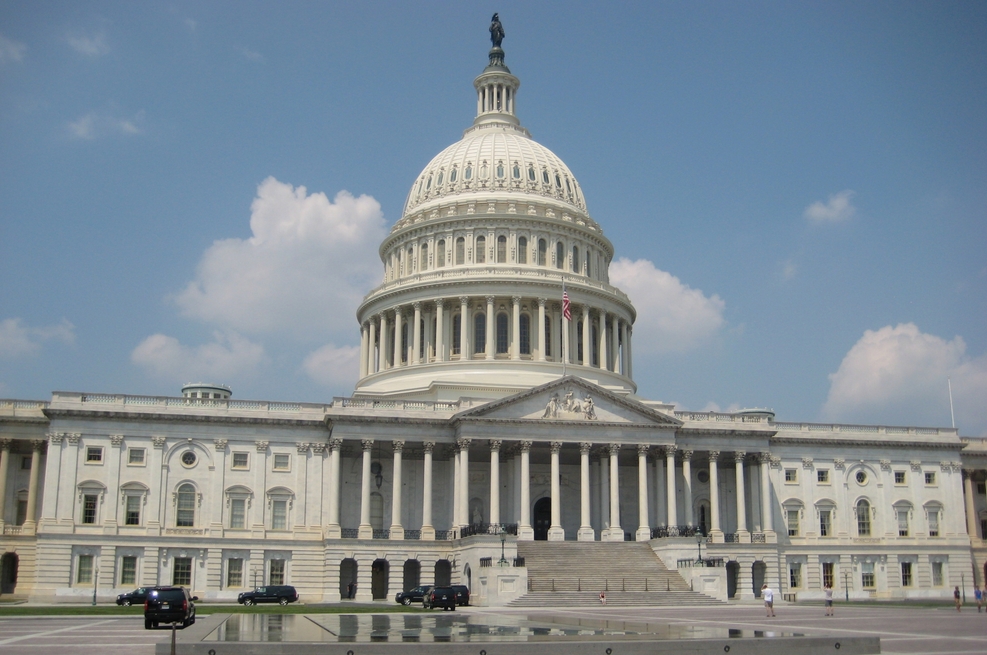WASHINGTON — U.S. President Joe Biden said Wednesday that his administration is committed to writing “a new and better chapter of history” for its more than 570 native communities by, among other things, making it easier for them to access federal funding.
“It’s hard work to heal the wrongs of the past and change the course and move forward,” Biden said. “But the actions we’re taking today are key steps into that new era of tribal sovereignty and self-determination. A new era grounded in dignity and respect, that recognizes your fundamental rights to govern and grow on your own terms. That’s what this summit is all about.”
Biden, speaking at the U.S. Department of the Interior, which sits on the ancestral land of the Nacotchtank people, announced more than 190 agreements during a two-day summit of some 300 tribal leaders.
They include an executive order that will make it easier to access federal funding, plus efforts to clean up nuclear sites, support clean energy transitions and work toward the repatriation of native remains and sacred objects.
The administration will also release a progress report on its efforts to date.
Hope for more
The leader of one of the largest groups told VOA that the government’s efforts have been “very, very positive” and said he hoped to see more.
“The most important thing for the Cherokee Nation, I think — and all tribes — is the efficient deployment of resources, and then allowing tribes to decide how to use those resources,” said Chuck Hoskin Jr., principal chief of the Cherokee Nation.
But, he said, as his people know too well, land dispossession and conflict is not ancient history. Here’s his advice to Biden and Middle Eastern leaders as war rages in Gaza after the October 7 attack by Hamas militants:
“We have a history of being dispossessed from our land,” he said. “And so, I would just say, remind people that there’s a way to balance rights. I think we’re trying to do that in the United States in terms of Indian Country versus the rest of the country.
“We haven’t perfected it, but I think we’re making some progress,” Hoskin said. “So, all I would say is the respect and dignity that every human being deserves ought to be on display.”
Youth see potential
Younger tribal citizens say they have high expectations. Sareya Taylor, the inaugural Youth Poet Laureate of Phoenix, is a member of the White Mountain Apache and Navajo communities.
“I voted for Biden in 2020,” said Taylor, 21. “And I believe there’s so much more that can be done, especially in terms of climate and how we look at food sovereignty.”
But if she could ask the president for anything, she said, it would be for a cease-fire in Gaza.
“As an Indigenous person, I see my history, like, being like, livestreamed right now,” she said. “If that were happening to us, I’d like to believe that it would be stopped immediately. But you know, considering President Biden won’t even call for a cease-fire, I don’t know about that.”
Hoskin, who is nearly three decades older than Taylor, took a more measured view.
“Obviously, if these were easy issues, somebody would have solved them a long time ago,” he said.
But, he said, step by step, the U.S. government is working to right past wrongs on its own soil.
“Certainly, it would be accurate to say the United States has an appalling record towards Indigenous peoples,” he said. “Is it perfect now? No, it’s not. But we’re making progress.”
[content id=”52927″][content id=”79272″]








